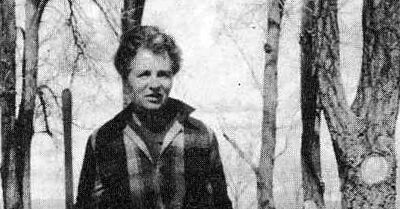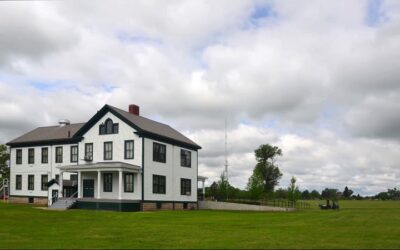The 1891 election for Nebraska Supreme Court judge was an unusual contest. The People’s Independent convention was held August 18, 1891, at Hastings. The nominees included lawyer Joseph W. Edgerton for Supreme Court judge. The Democrats convened at Grand Island September 17 and nominated Judge Jefferson H. Broady of Gage County for the same office. However, Judge Broady declined the nomination. Two prominent Democrats, James Boyd and William Jennings Bryan, favored leaving the spot vacant. It was expected that if no Democratic nomination was made, Edgerton would receive at least 75 percent of the Democratic vote, which would in effect give him a victory. Although Dr. George Miller of Omaha favored the nomination of a Democrat, Boyd’s and Bryan’s views prevailed, and the place on the Democratic ticket was left vacant. The Omaha World-Herald thought this was a preliminary step toward fusion with the Independents.
The Republicans held their convention in Lincoln September 24, 1891. Judge Alfred M. Post of Columbus was nominated for Supreme Court judge on the fourth formal ballot. Perhaps the most surprising candidate for the office was Ada M. Bittenbender, nominated by the Prohibition Party. Bittenbender was one of the first woman lawyers in Nebraska and an early advocate of woman suffrage and the legal rights of women and children.
The campaign itself was acrimonious. The Omaha World-Herald and the Independents attacked Judge Post, accusing him of being a tool of the railroads. The Omaha Bee said that Edgerton was incompetent and unfit for any judicial office higher than that of justice of the peace. Because William Jennings Bryan favored Edgerton, the Bee charged Bryan with “being for anything or anybody to catch the breeze.” Bittenbender faced the disadvantages of gender and her unpopular causes of temperance and woman suffrage. In addition, she never had the undivided support of her party. Final election results for the contest: Post, 76,447 votes; Edgerton, 72,311; Bittenbender, 7,322. Historian Addison E. Sheldon commented in his History of Nebraska, “His [Edgerton’s] defeat gave a temporary setback to the fusion scheme.”



